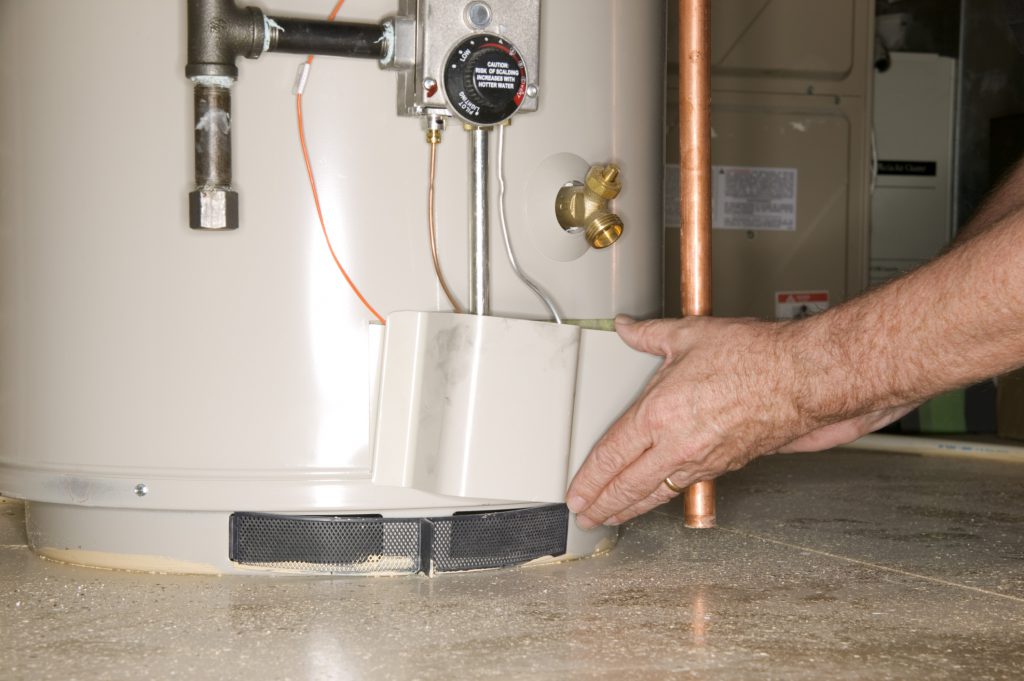
Norfolk Air can help you choose the right water heater for your home.
When it’s time to shop for a new water heater, the first questions your Norfolk plumbing company may ask could relate to your current model and how it functions in your home. As you consider your options, you’ll need to examine your needs – how often you use water for laundry, cooking and cleaning, and personal care. A plumbing mechanic can advise you on the best model for your home, and while you might expect one to sell you on a tankless model it might not be the best fit.
It’s true the purchase of a tankless water heater brings benefits. You may qualify for a home improvement tax credit depending on the energy factor of the model you buy. While the opportunity to earn a rebate sounds good, it’s important to know that the water heater you choose should last a minimum of ten years. This isn’t a purchase you’ll make regularly, and you certainly do not want to make frequent emergency plumbing calls to handle problems.
That said, you may discover a traditional water heater makes for a better fit for your home. Consultation with a plumber will help you understand the difference between tank-model and tankless heaters, though it never hurts to do advance homework. If this is the first time you’ve had to shop around, take the time to examine the differences in water heaters.
Standard Water Heaters Versus Tankless Heaters
Functionality: Tank heaters, as the name implies, store your water and heat it (either through electrical or gas heat) when you’re ready to use. The insulated tanks also maintain the water’s warmth during downtime, so it shouldn’t take a long time to re-heat. With a tankless model, water is not stored. As you need hot water, the tankless heater uses electric coils to heat the incoming supply so you receive warm water for showers and cleaning dishes instantly.
Efficiency: Because a standard water heater keeps storage, it requires energy to maintain a certain temperature at all times. The tankless model, by comparison, only heats water when you turn on a hot tap. This, in turn, saves on your energy bill. That may sway your decision, though it doesn’t necessarily mean tankless models are without fault. The instantaneous method with which some tankless models work could result in water that comes out too hot.
Capacity: Tank heaters take up space, while tankless heaters can be mounted on a wall. If you have a dedicated area for a standard model, this may not be an issue, unless the tank heater is installed in a laundry room or garage you wish to declutter.
Cost: Tankless water heaters are typically more expensive than standard models. A tank heater could run you close to a thousand dollars for a new model, whereas tankless heaters could cost you triple that amount. You’ll also need to factor in installation, which varies according to the job.
For many, the final bill versus current budget seals the deal. Nonetheless, it’s important to weigh all options before you make the purchase. Think about how long you plan to stay in your current home, how to improve your home’s value should you move, and how much water usage you anticipate. What questions you have about installing a new water heater, Norfolk Air Heating, Cooling, Plumbing and Electrical can answer. Contact us today with your questions.
—
Sources
http://www.popularmechanics.com/home/interior-projects/how-to/a153/1275141/
http://www.homeadvisor.com/cost/plumbing/install-a-water-heater/

